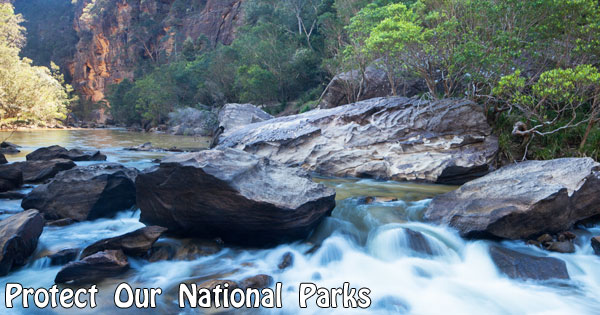On 25 April all candidates were sent the following question -
We asked that responses be provided by Wednesday 1st May.
| Candidate | Response Received |
Sarah Richards (Liberal) |
no reply received |
Kingsley Liu (Greens) |
30 April |
Susan Templeman (Labor) |
1 May |
Greg Keightley (Animal Justice Party) |
1 May |
Tony Pettitt (United Australia Party) |
28 April |
The Response
- Continual pollution of its waterways and aquifers from mining & development
- Decimation of biodiversity, wildlife environment & inundation from raising of the Warragamba Dam
- Encroachment into parks and forests assets & diminishing of operational capacity of national parks
At Federal level, parliament needs to rework the ineffective Environment Protection and Biodiversity Conservation Act 1999 into the two new legal arms
- Independent Environmental Commission to develop (legally binding) protection plans
- EPA Regulator with wide ranging enforcement powers on climate change and land clearing
At State level, parliament needs to continue legislative reform for Wilderness Act, native vegetation & biosecurity protections, and Conservation Nature Reserve
At community level, we must start building stronger grassroots movement for the novel Rights of Nature to exist at both Local, State, and ultimately at Federal legislation
At political level, the Greens message is that climate change is a major threat to the GBMWHA and Australia must make rapid transition to 100 per cent renewables by 2030, an end to coal mining licenses and to Australia being the world’s largest exporter of coal.At a local level, a Shorten Labor Government will provide $1million over ten years to monitor the impacts of climate change and human activity across the GBMWHA.
This will provide baseline data to help identify early warning signs of climate change and human activity. As a citizen science project, I look forward to working with members of ConSoc and other groups to collect the data from sites across the Blue Mountains WHA.
Nationally, Labor has announced the most comprehensive climate change action plan that's ever been taken to a federal election by a major party in this country's history.
There is a plan for every key sector, from transport to agriculture, and it includes extending Malcolm Turnbull’s pollution cap to reduce Australia’s pollution by 45 per cent by 2030, as well as a comprehensive renewable energy plan to generate 50 per cent of power from renewables by 2030.
We will also boost recycling and reduce waste and plastics while creating new globally competitive industries and strengthen our environmental laws, establishing an independent, national Environment Protection Authority (EPA).
The NSW Liberal Government’s Warragamba Dam wall-raising proposal has been exposed as reckless, simplistic and ill-informed. We need a comprehensive approach to protecting lives and properties in flood-prone areas, but one that involves a more informed debate and a more sophisticated response than what we are seeing.
My long-standing views about the Western Sydney Airport remain. I will continue to join with our community and fight hard to protect the peace, silence and quality of life that should automatically come with living in our World Heritage area, but is now under threat.To address this threat, we need a rapid transition of the Economy to 100% Renewable Energy.
Government needs to immediately encourage Research and Development into Renewable Energy Technologies to support this transition.
Government also needs to urgently foster International Agreement to encourage other Countries to reduce their Carbon Emissions.
Government needs to invest in improved monitoring and response capabilities by our Agencies such as the Rural Fire Service during high risk periods within the Greater Blue Mountains World Heritage Area.
Increased funding to the Bureau of Meteorology for enhanced Extreme Weather Event forecasting capabilities.Controlled reduction burning backed up with appropriate water bombers to support if things get out of control such as the Richmond air base has. It has the capacity to do so, however the Hercules have never been utilized even though the equipment is all there. A controlled burn would also be a good training exercise in case a real fire was to occur.

 The Colo River (a declared Wild River) in the Wollemi Wilderness (Ian Brown)
The Colo River (a declared Wild River) in the Wollemi Wilderness (Ian Brown)